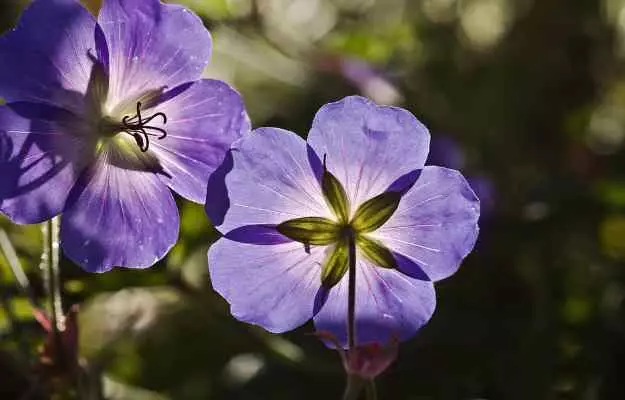Chirata or bitter stick as it is known in some places is a critically endangered herb that grows at high altitudes in the sub-temperate regions of the Himalaya. It mainly grows at an altitude of 1200 and 2100 m form Kashmir to Bhutan. In simple words, chirata is a herb that people use to make medicine. Usually, the above-ground parts of chirata are used for medicinal purposes. This herb is well known in traditional medicine system for its various medicinal properties. Vedic scripts like the Charaka Samhita are said to have mentioned the unique qualities of this plant.
The chirata plant grows in cold mountainous regions and has purplish blue flowers. It is known for its bitter taste that is induced by the various bioactive compounds present in it. Chirata is known by different names in different regions. For example, in Sanskrit, chirata is known as Anaryatikta, Bhunimba, Chiratitka and Kairata. In Arabic and Farsi, it is called Qasabuzzarirah. In the Urdu language, it goes by the name of Chiaravata, in Burmese, Sekhagi and in Nepalese, Chirrato or Chiraita. It is also known as the “Nepali neem” because it commonly grows in the forests of Nepal.
As a traditional Ayurvedic herb, chirata has been used in the medical field for ages. It is said to have a wide range of medicinal uses, including the treatment of fevers, malaria, liver disorders, hepatitis, constipation, ulcers, skin diseases, epilepsy, asthma, diabetes, and certain kinds of mental disorders. The plant is known to have antifungal, anti-inflammatory, antibacterial, antimalarial, antiaging and antidiarrheal properties as well.
Chirata is also used in the preparation of alcoholic and non-alcoholic beverages. It is usually recommended to take swertia capsules along with honey so that the bitterness can be removed to some extent.
Some basic facts about chirata
- Botanical Name: Swertia Chirata
- Family: Gentianaceae
- Common Name: Chirayita
- Sanskrit name: कटुतिक्तः(kututiktaha), Anaryatikta, Bhunimba, Chiratitka, and Kairata
- Parts Used: All parts of the chirata plant are used but the roots are found to be the most bioactive.
- National Region and Geographical Distribution: The chirata plant grows in cold mountainous regions of India, like the Himalayas, Kashmir and Himachal Pradesh; Bhutan and Nepal.
- Interesting fact: The increasingly high usage of this plant and damages to its environment due to deforestation and other activities has led to a decline in its population. The plant has been brought to the verge of extinction.


























